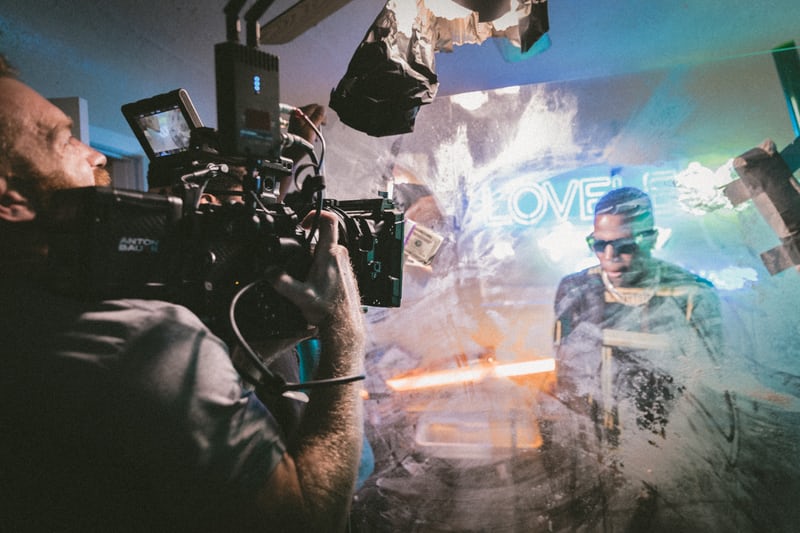Video Production Techniques
Video Production Techniques

1. Introduction to Video Production
Introduce the basics of video production, highlighting its importance in storytelling, marketing, and communication. Discuss the various stages involved in producing a video, from pre-production to post-production.
2. Pre-Production Planning
Explain the significance of thorough planning before shooting. Cover elements like scriptwriting, storyboarding, budgeting, and location scouting. Emphasize how a solid plan can streamline the entire production process.
3. Equipment Selection
Discuss essential equipment for video production, including cameras, lenses, microphones, and lighting. Highlight the importance of selecting the right tools based on the type of video being produced (e.g., interviews, vlogs, cinematic films).
4. Lighting Techniques
Delve into different lighting setups, such as three-point lighting, natural lighting, and creative lighting techniques. Explain how lighting affects the mood and quality of the video.
5. Camera Angles and Composition
Explore various camera angles and framing techniques, including the rule of thirds, leading lines, and depth of field. Discuss how these techniques enhance visual storytelling and engage the audience.
6. Sound Recording
Highlight the importance of high-quality audio in video production. Discuss different microphones, audio recording techniques, and tips for capturing clear sound, as well as the role of sound design in post-production.
7. Shooting Techniques
Describe various shooting techniques, such as static shots, pans, tilts, and tracking shots. Discuss how to use camera movement effectively to add dynamism and interest to your videos.
8. Editing Basics
Introduce the editing process, including software options (like Adobe Premiere Pro, Final Cut Pro, or DaVinci Resolve) and basic editing techniques (cutting, transitions, color correction). Highlight the importance of pacing and flow in storytelling.
9. Finalizing and Distributing Your Video
Conclude with tips on finalizing your video, including exporting formats and resolutions for different platforms. Discuss strategies for promoting and distributing your video effectively, whether on social media, YouTube, or other channels.

